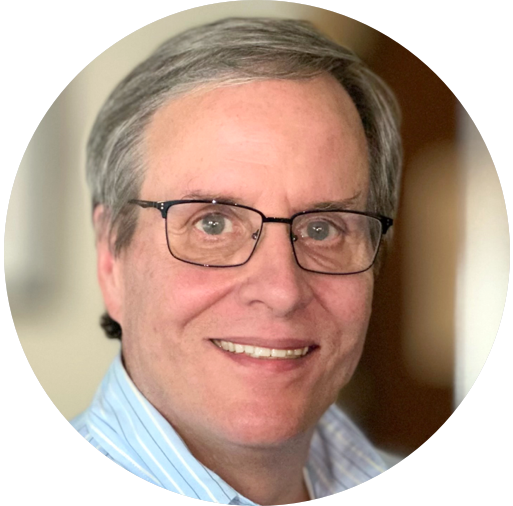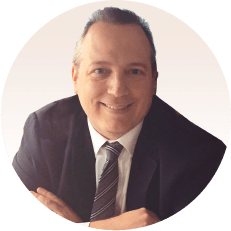
Robert Parke (Chair)
Robert Parke, FIA, ASA, MAAA, is a healthcare actuary. Prior to retiring as a consulting actuary, he was a principal with the New York office of Milliman.
Full Biography

Phyllis C. Borzi
Phyllis C. Borzi, JD, MA, retired as the US Assistant Secretary of Labor for the Employee Benefits Security Administration (EBSA) in 2017. She is currently a member of the Board of Visitors of the Columbus School of Law at Catholic University and also represents retirees as a fiduciary on the committee governing the Goodyear Retiree Health Care Trust. She serves on the Institute for the Fiduciary Standard Board of Advisors and the Board of Maryland$aves (the Maryland Small Business Retirement Savings Plan) and is a charter member and former President of the American College of Employee Benefits Counsel, serving on its Board of Governors from 2000 to 2008.
Full Biography

Zachary W. Carter
Zachary W. Carter retired in 2019 as Corporation Counsel of New York City. During his tenure, he resolved long-standing litigation, ushering in a new era of equity and justice for the city. Memorable settlements range from the overuse of stop and frisk and the Central Park Five case to excessive uses of force at Rikers Island and the underrepresentation of racial minorities in the ranks of the Fire Department of the City of New York.
Full Biography

Lawrence Casalino
Lawrence Casalino, MD, PhD, is the Livingston Farrand Professor of Public Health and Chief of the Division of Health Policy and Economics in the Weill Cornell Medical School Department of Population Health Sciences. His research focuses on the intended and unintended effects of public and private policies on the types of provider organization that exist, on the processes they use to provide care, and on the quality and cost of care.
Full Biography

Christopher F. Koller
Christopher F. Koller is President of the Milbank Memorial Fund, an endowed operating foundation founded in 1905 and based in New York City. The Fund’s mission is to improve population health and health equity by collaborating with leaders and decision makers and connecting with evidence and sound experience.
Full Biography

James W. Lytle
James W. Lytle recently retired after over 25 years as a partner and senior counsel at Manatt, Phelps & Phillips LLP, where he operated out of the firm’s Albany and Boston offices and led the firm’s New York State government, regulatory and policy practice.
Full Biography

James Roosevelt, Jr.
James Roosevelt, Jr., is Counsel at Verrill Dana LLP in Boston. He served for more than 10 years as the President and Chief Executive Officer of Tufts Health Plan. A former Board member of America’s Health Insurance Plans, he currently chairs the organization’s Policy and Regulatory Committee.
Full Biography

Christina Severin
Christina Severin is a leading healthcare executive with more than 25 years of experience and numerous accomplishments in managed care, delivery systems, health insurance, Accountable Care Organizations (ACOs), quality, public policy and public health.
Full Biography

Grace Wong
Grace Wong is the Principal of GYW Consulting, Inc., which provides healthcare consulting services to hospital systems, digital health start-ups, Accountable Care Organizations and others.
Full Biography




























